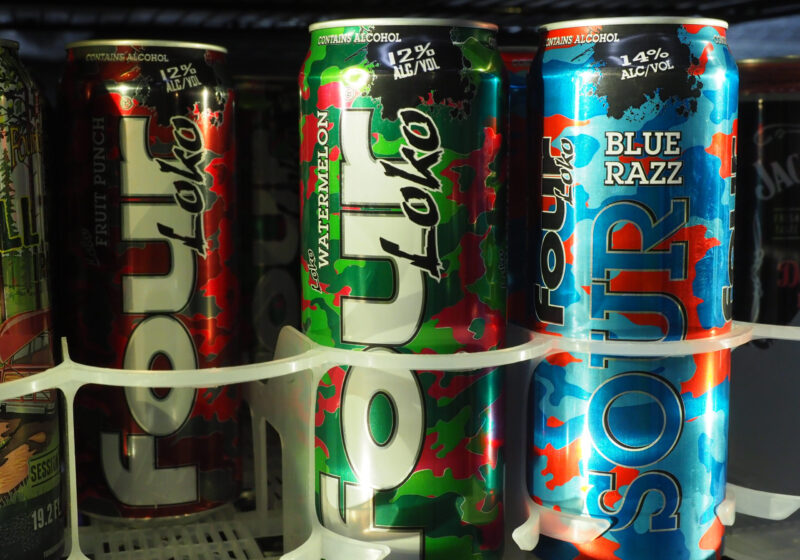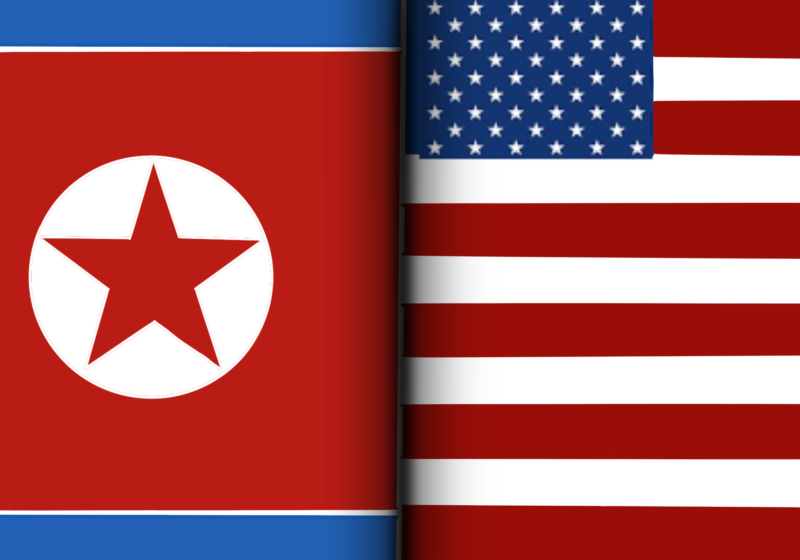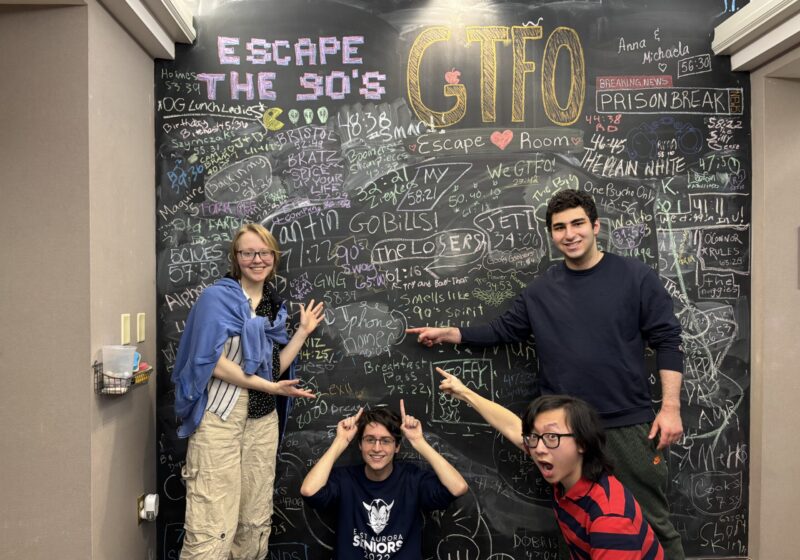“Blackout in a can,” “The pregame and postgame,” and “Battery acid” are all terms that have been used in reference to potentially the most infamous drink on the market, Four Loko. For those who have been lucky enough to make it this far in life without tasting it, Four Loko is a line of alcoholic malt beverages sold by Phusion Projects that have garnered a reputation for being dangerously high in alcohol content.
This fear-inspiring metric varies by state, but Four Lokos generally range from 6% to 14% ABV (alcohol by volume). The four in Four Loko references its original recipe’s four key ingredients, and is now commonly attributed to a single 23.5 ounce can being the equivalent of four standard drinks — a misconception. It is actually the equivalent of five and a half standard drinks, higher than the recommended maximum of four drinks in a day.
Phusion Projects was founded by Chris Hunter, Jaisen Freeman, and Jeff Wright following their graduation from Ohio State University, where the three were members of the Kappa Sigma fraternity (shocking, right?). Many of the original drink blends used by the company were birthed in their fraternity’s basement and party room, and the Four Loko itself came from the creators’ enjoyment of mixing caffeine and alcohol.
Then, in 2005, Phusion Projects designed their prototype “energy beer” which would soon become known as Four Loko. The original proposed recipe contained taurine, guarana, and caffeine, which are common ingredients found in energy drinks. The fourth proposed ingredient was wormwood, an ingredient used in absinthe that is believed to be psychoactive. After a year with low investment, the proposed inclusion of wormwood was dropped in favor of improving the flavor — which they very apparently haven’t done yet — and increasing the alcohol content that Four Loko would become infamous for.
In 2008, the drink’s popularity was on the rise, and by 2009 it became successful enough for international marketing. Unfortunately for Phusion Projects, and fortunately for college students across the country, a group of U.S state attorneys general began investigating companies that sold caffeinated alcoholic beverages on the grounds that these beverages were being inappropriately marketed to a teenage audience and had possible health risks, primarily blackouts. Concern was also raised that the caffeine masked intoxication.
Four Loko became the object of scrutiny in 2010, as colleges and universities across the United States began to see multiple injuries and blackouts caused by the drink’s misuse. This followed with multiple universities and states banning the dangerous concoction. On Nov. 17, 2010, the FDA sent a warning letter to four manufacturers of caffeinated alcoholic beverages, citing caffeine as an unsafe food additive.
Following the ban of Four Loko, drinkers and those seeking cold hard cash purchased the drink in bulk, and a black market was created. The sellers charged nearly five times the original retail price. In late December of 2010, Four Loko was reformulated; the packaging remained the same, but the caffeine, guarana, and taurine were removed. Thus, sales continued.
Today, Four Loko’s reputation precedes the drink, and most major grocery store chains still withhold it from their shelves despite it being available in 49 U.S. states. Nowadays, you can find Four Lokos nestled nicely in the corner of your favorite gas stations, mini-marts, and convenience stores sitting on a shelf yearning to relive its glory days, raise hell, and lead unsuspecting drinkers to their first blackout.




